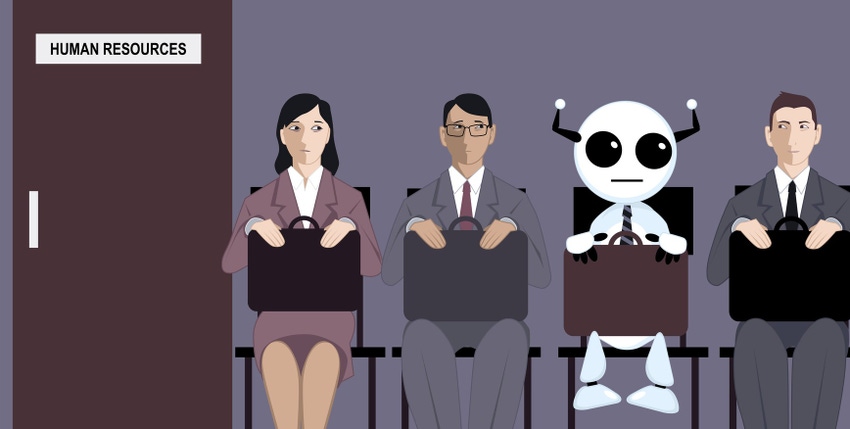25% of Brits fear losing jobs to AI today
A decade ago the prospect of artificial intelligence was fanciful, but now one in four Brits believe they could be replaced by a machine today.
June 11, 2018

A decade ago the prospect of artificial intelligence was fanciful, but now one in four Brits believe they could be replaced by a machine today.
According to research from Streetbees, which collected opinions of 3,500 people from the UK, US, India and Nigeria, we might be a bit worried about artificial intelligence taking our jobs, but that doesn’t mean we think it should stop. In Nigeria and India, respondents were much more fearful of the technology, with 58% and 59% believing their jobs could be performed by a machine now, while this number was down to 37% and 25% in the US and UK respectively. That said, while a substantial proportion might be fearful, only 38% said it was morally wrong to design machines to do human’s jobs.
This seems like a highly unusual statistic, especially in Nigeria where 58% fear for their jobs, but 80% support the progression of the technology, though no-one thinks bad things will happen them before it actually does. For the most part, irrelevant as to how likely an event is to take place, most humans would believe it would happen to others first. Perhaps those who voted for the progression of the technology are the ones who feel the most secure in their roles, comfortable with the fact others would lose out before them, but it still does paint a slightly contradictory picture.
Interestingly enough, while many people believe AI could do their jobs, the question remains whether the machines are able to do them better. As you can see from the results below, perhaps there is an optimistic feeling of collaboration with the machines over the next 20 years.


“It doesn’t worry me. Too many jobs needs a personal touch. People have already lost jobs to machines – but they can’t do everything,” said one of the respondents.
This is the propaganda dream which many of the AI developers have been preaching for years; AI is not here to replace your workforce, it is simply a tool to supplement productivity and create more time for humans to focus on high-value tasks. This might be an honourable good intention, and it may well be the case for some employers, but given the opportunity to save money and improve profitability, we suspect many bosses might start making some redundancies.
Research like this does have to be taken with a pinch of salt however. For all the glorious promises being made by technologists today, we imagine the realities of tomorrow might be slightly different. For example, CRM systems today are supposed to revolutionise the productivity of a sales team, but when you look around your office, ask how many people are using the technology to be the best of its ability. The theoretical products might offer a magnificent image of the future, but practical implementations are another story.
One final, worrying, statistic is the prospect of a financial doomsday; 35% of respondents strongly agreed with the statement ‘Machines will take peoples jobs and cause an economic crisis’. This might sound like a stretch, but there is some logic. The more jobs which are being taken by machines, mean more people are unemployed. More unemployed mean more of a strain on government welfare programmes, while also less money being spent by consumers. This will come as a blow to the companies manufacturing products or offering services for the consumer, which will then be passed onto the supply-chain. The absolute worst case scenario would be a continuous downward spiral.
In some regions, there might certainly be a strain on the economy, but we doubt adoption is going to be so rapid the negative consequences cannot be managed. That said, with the numbers being discussed in this article, it is a real, though very slim possibility. At the height of the Great Depression in 1932, just over 15% of the population were unemployed, and just as a reminder, 25% of Brits think a machine can do their job today.
About the Author(s)
You May Also Like








.png?width=300&auto=webp&quality=80&disable=upscale)


_1.jpg?width=300&auto=webp&quality=80&disable=upscale)


.png?width=800&auto=webp&quality=80&disable=upscale)